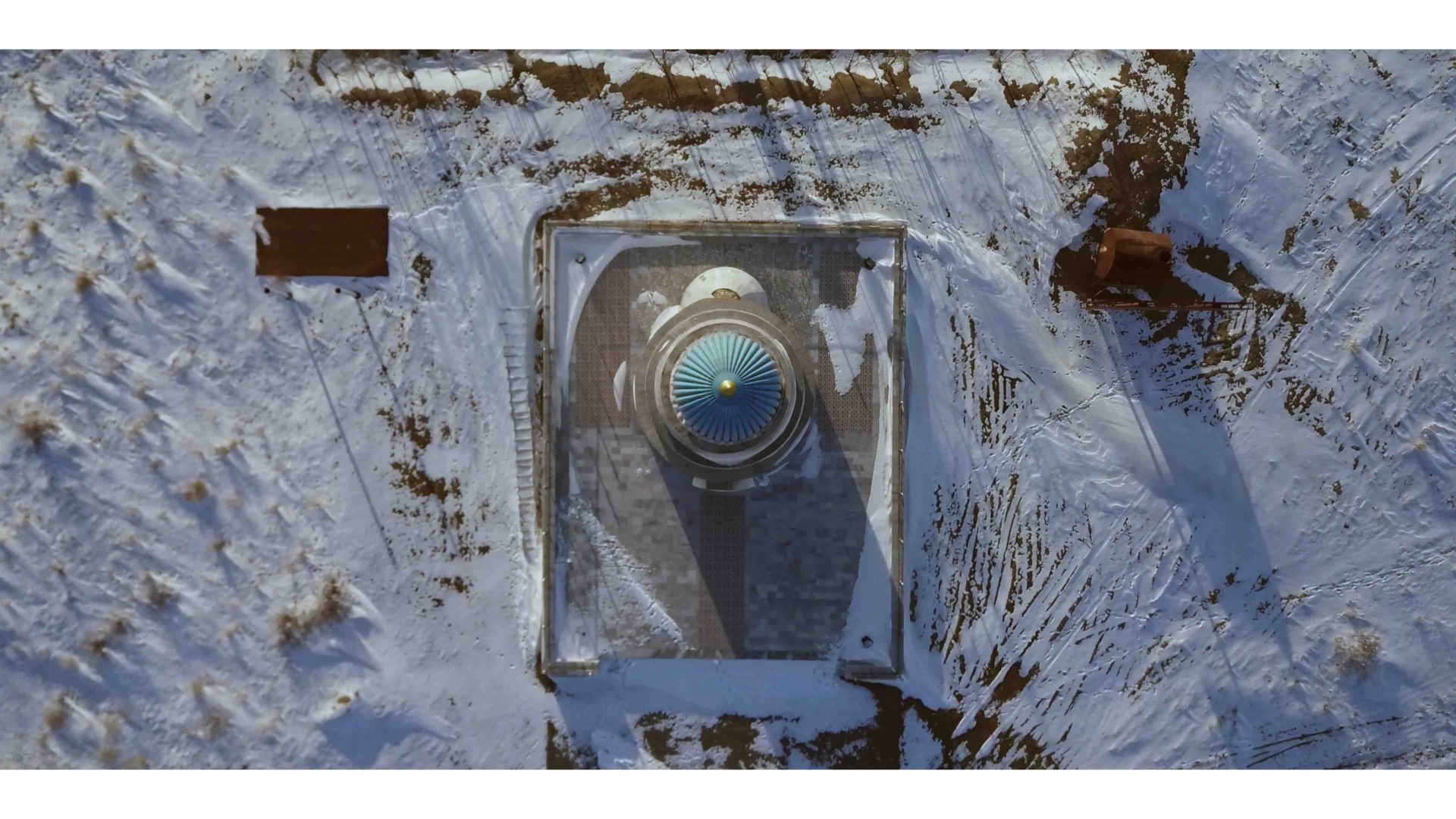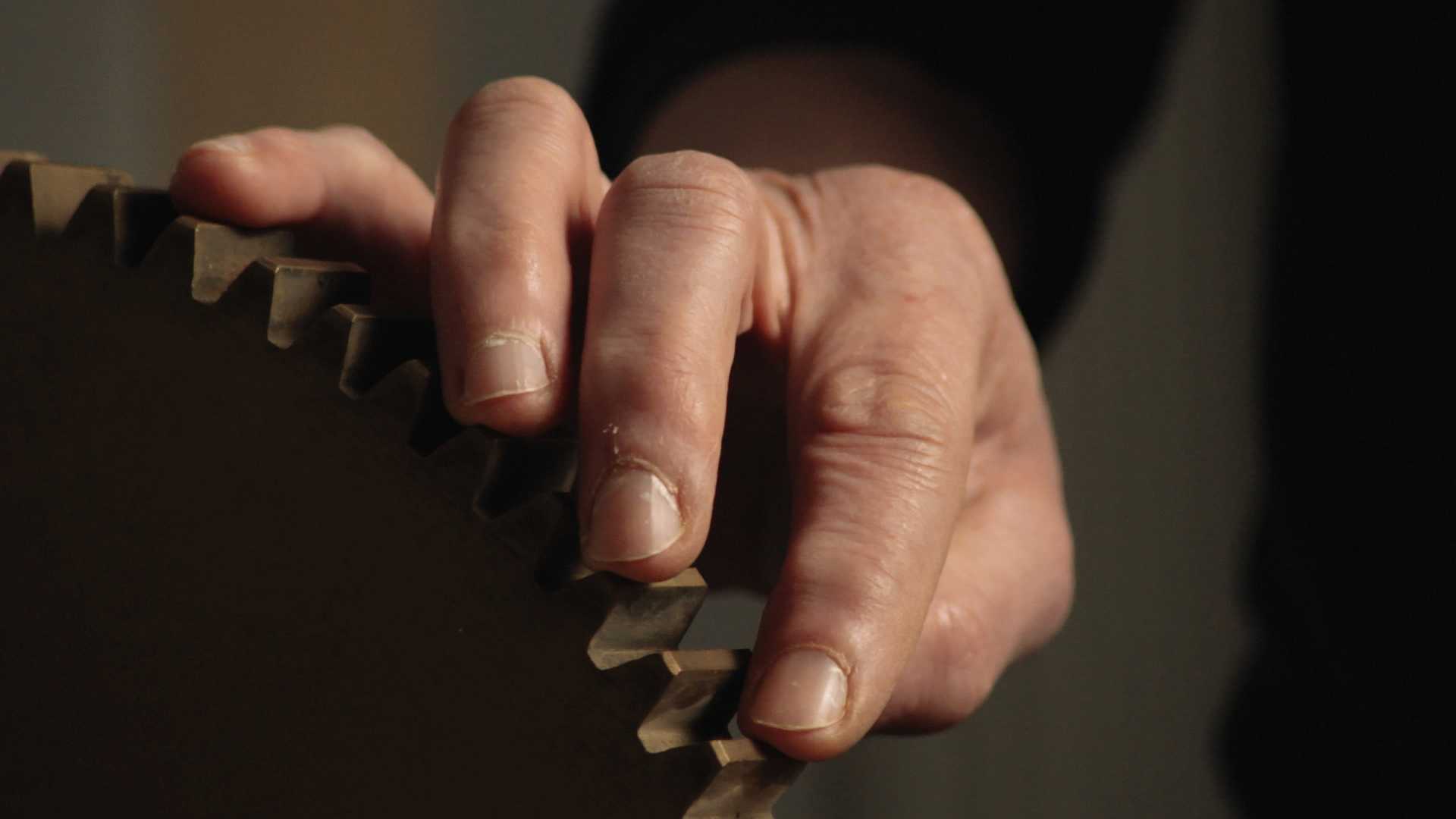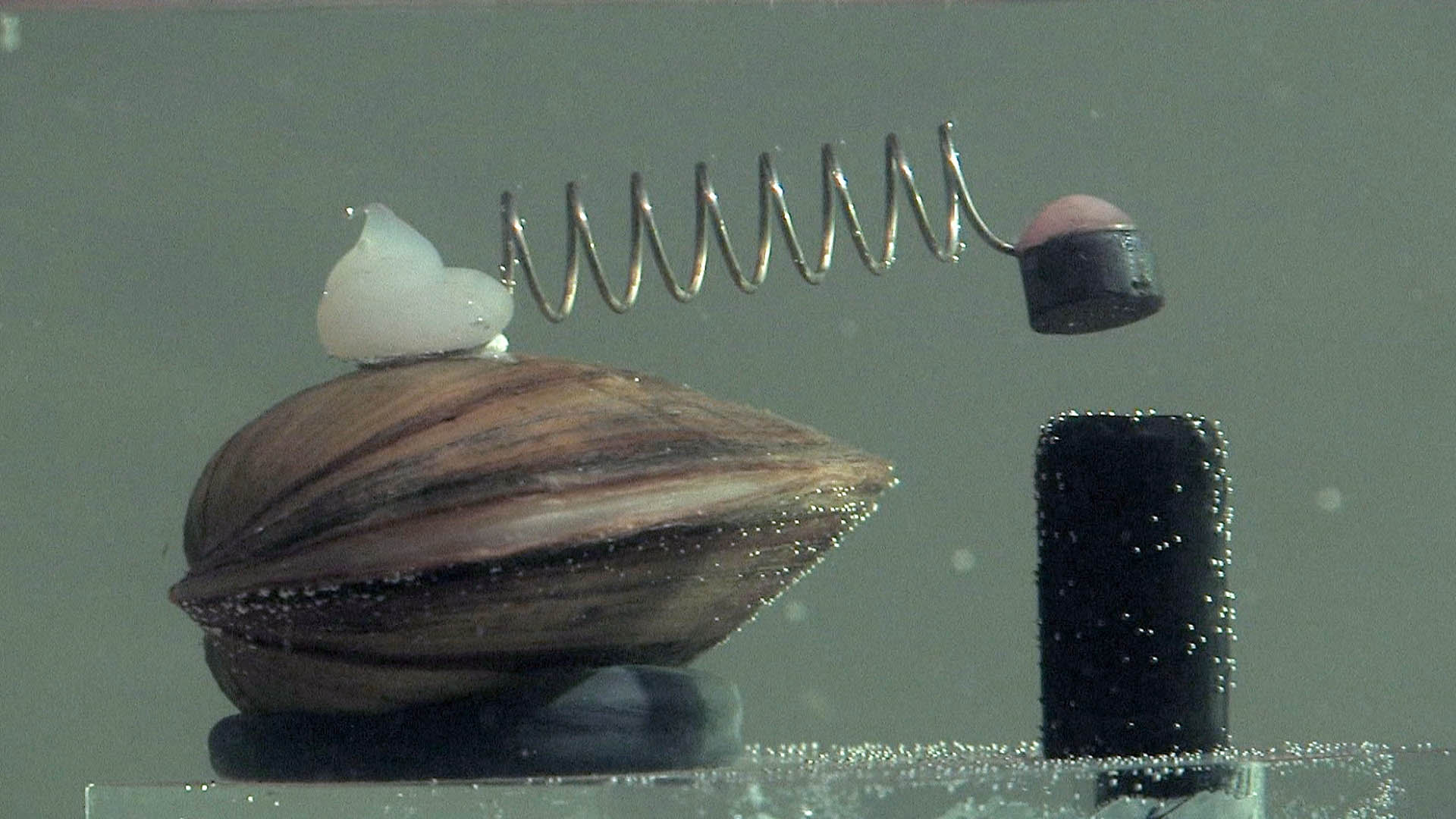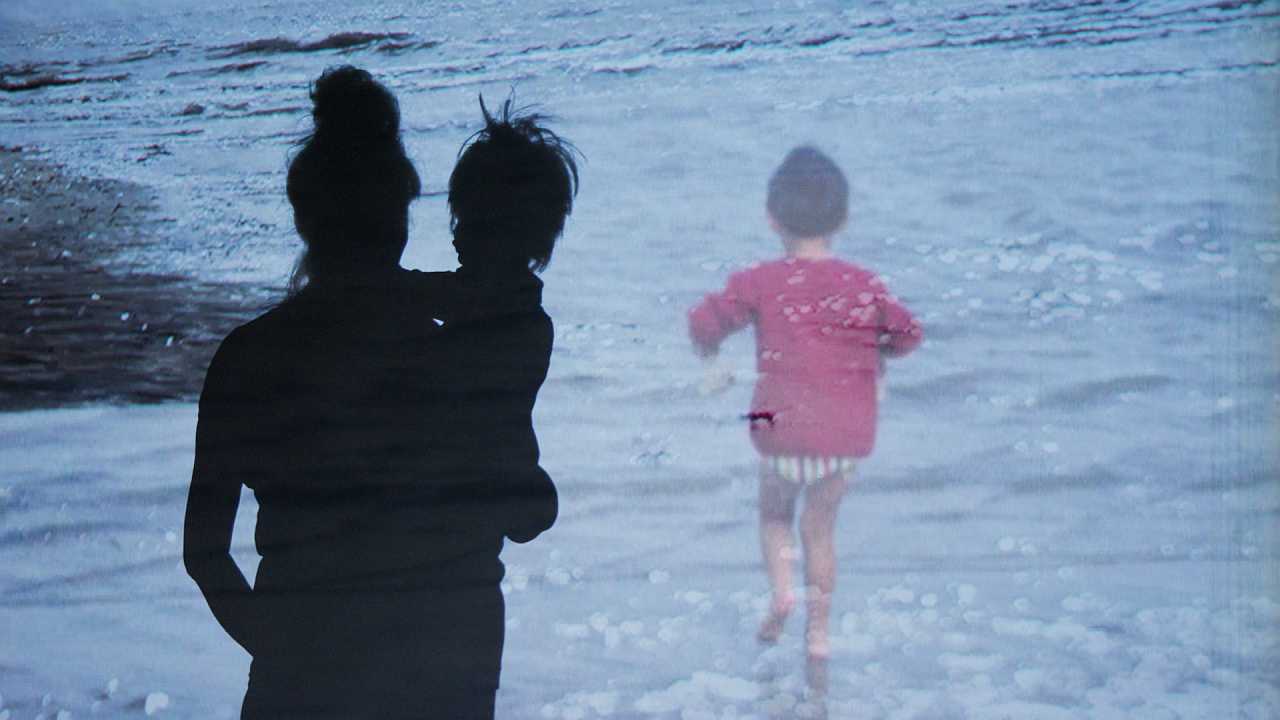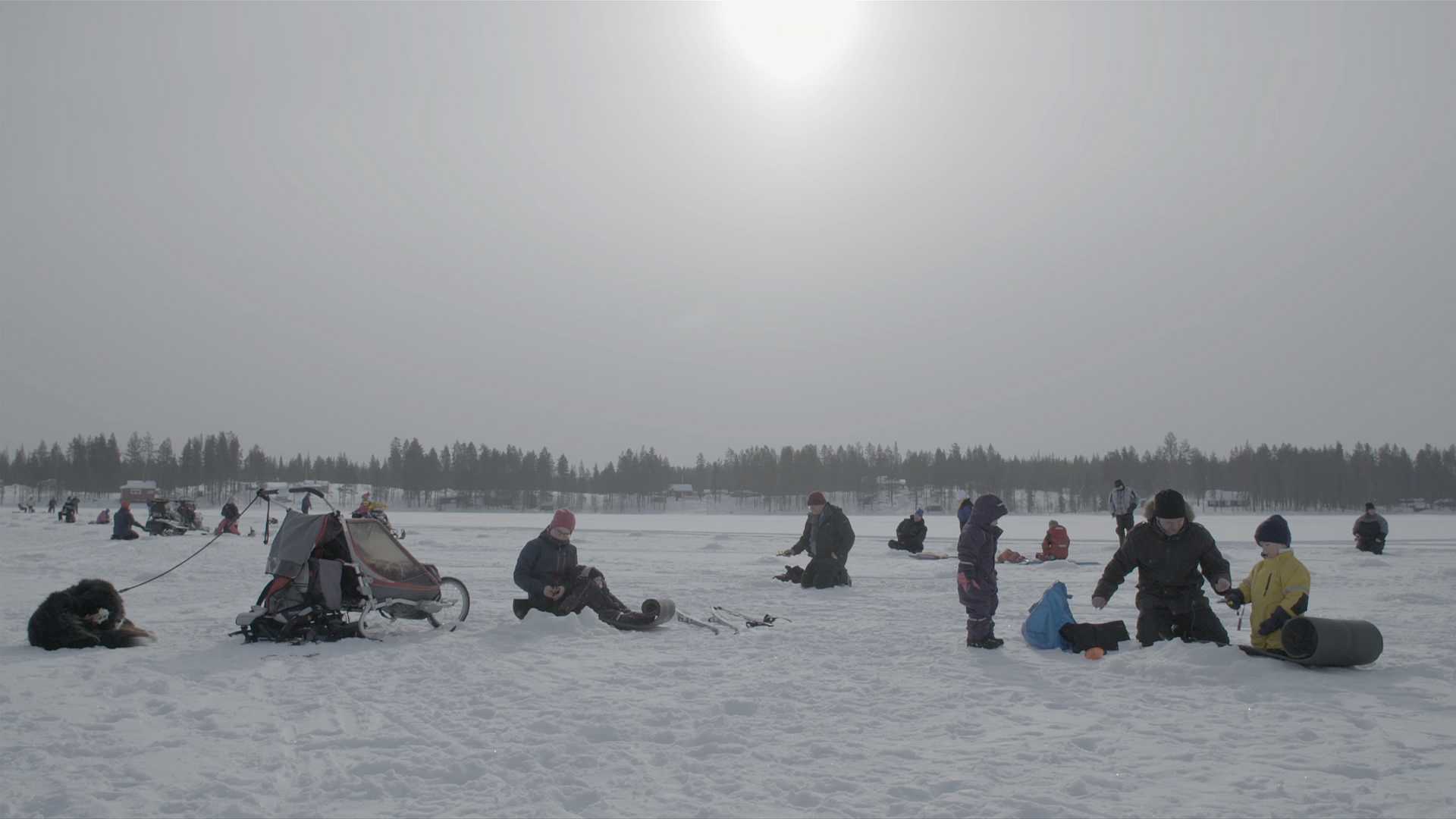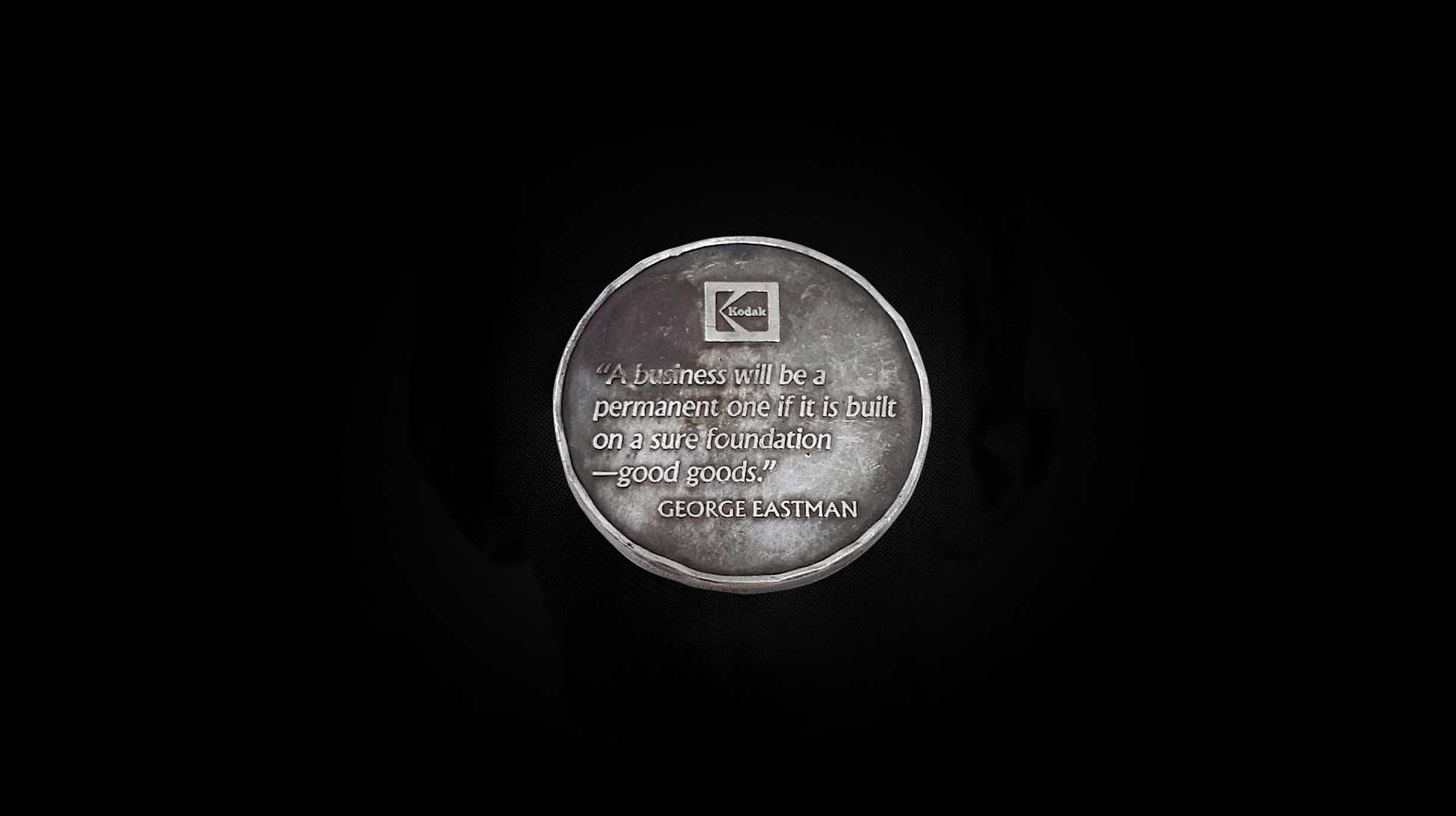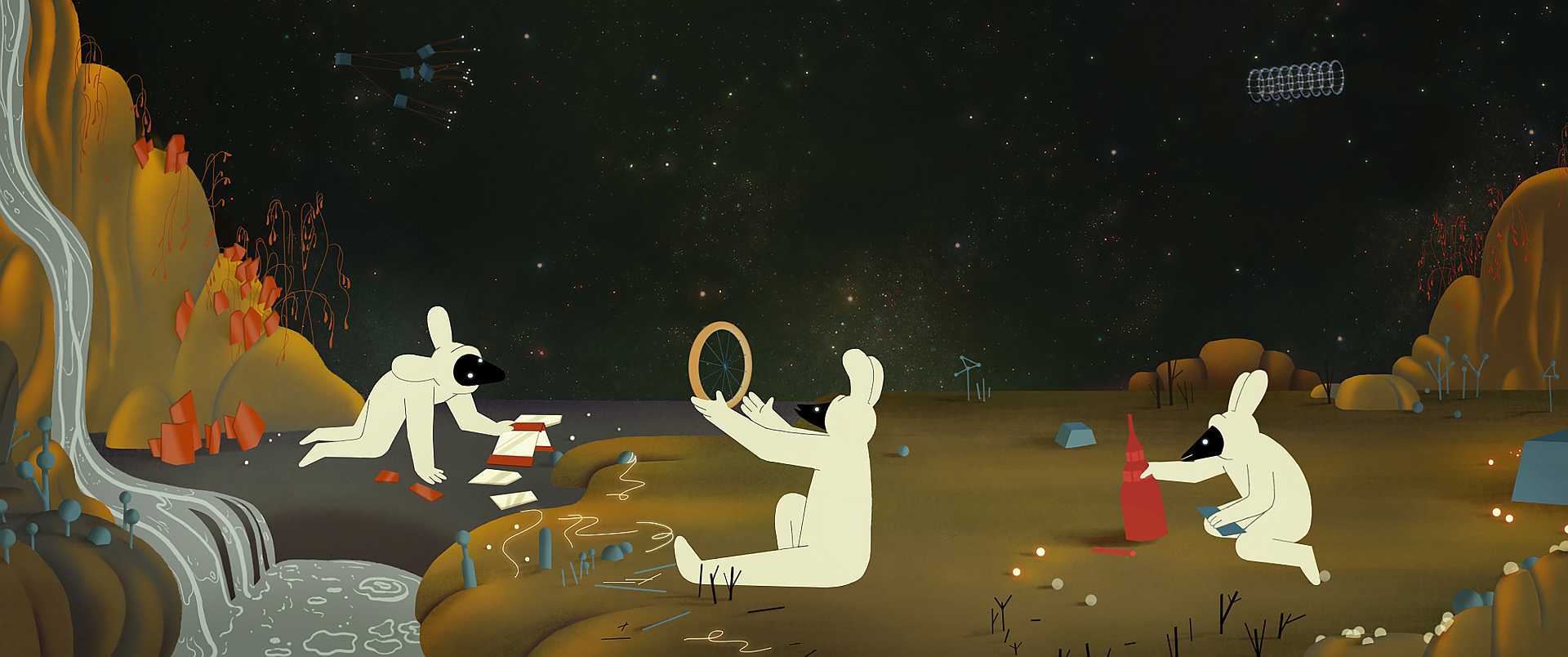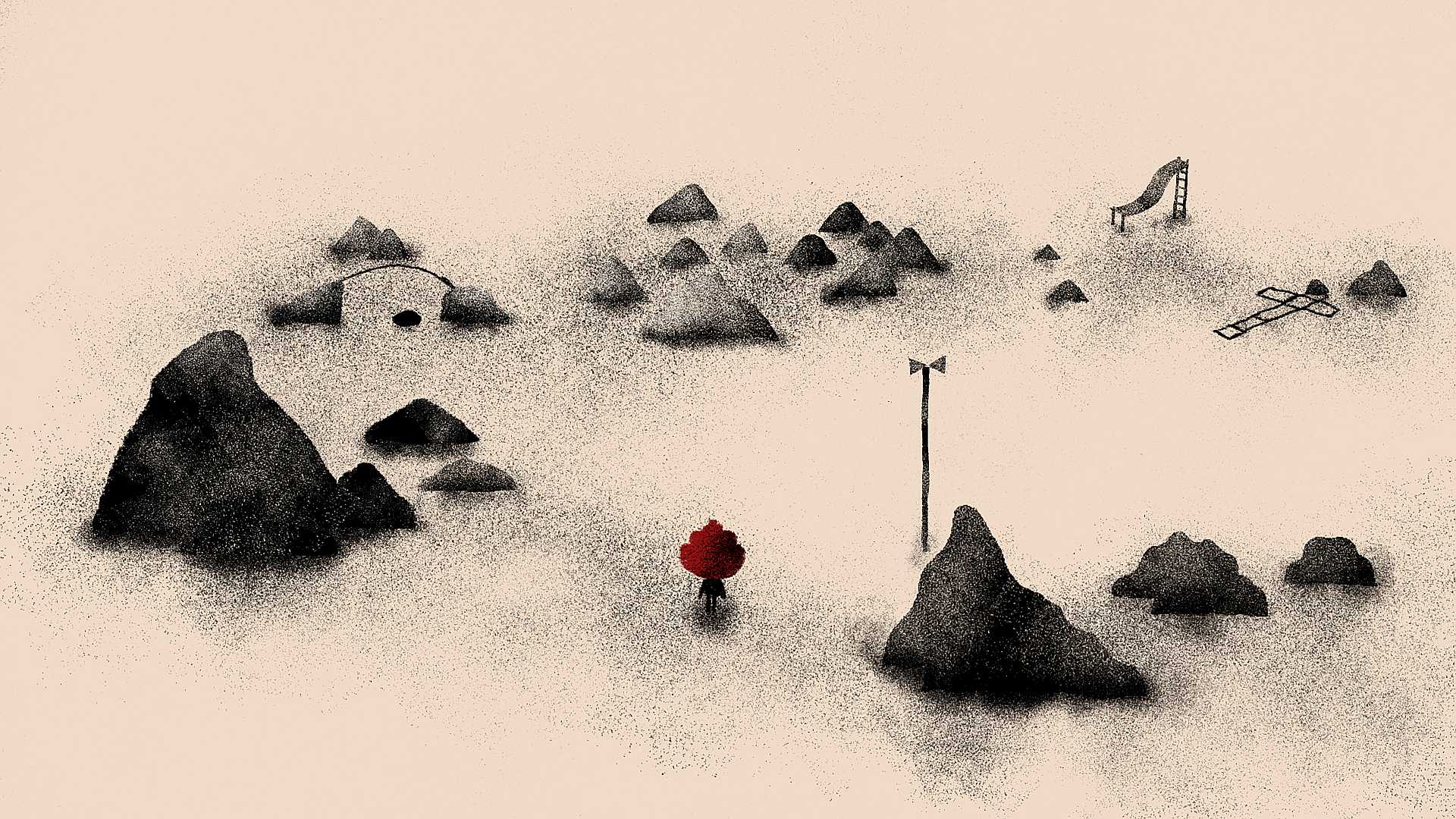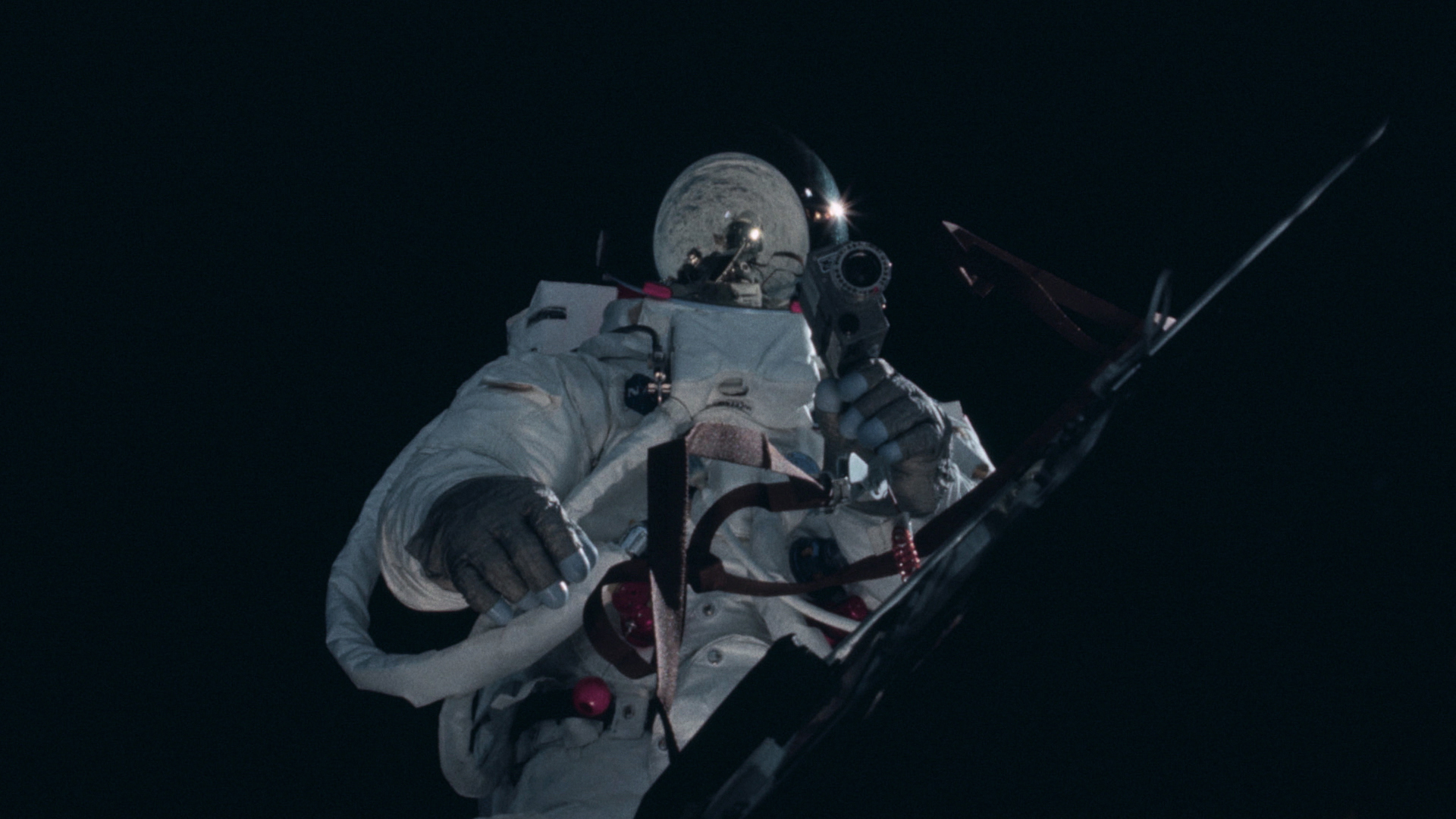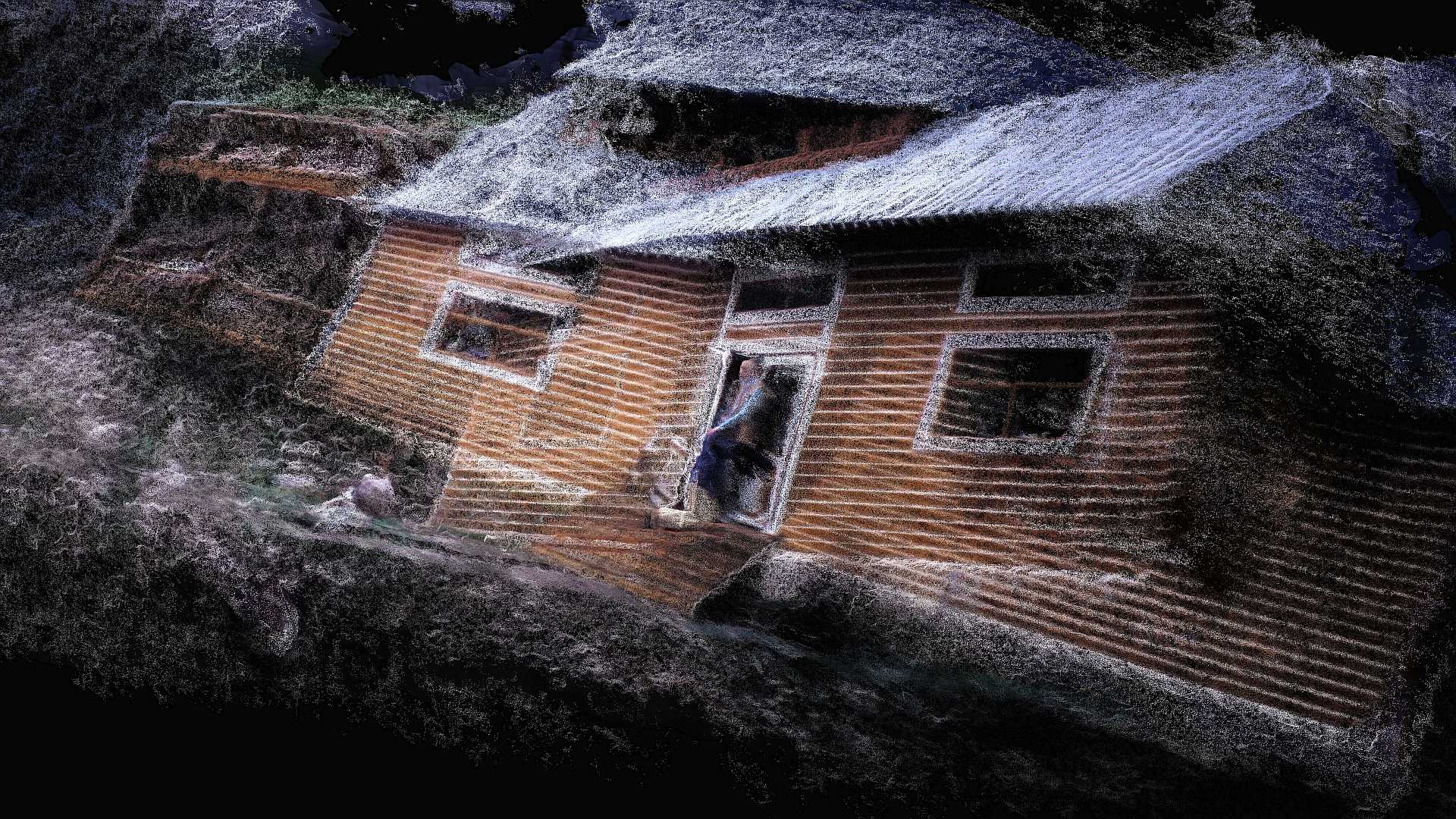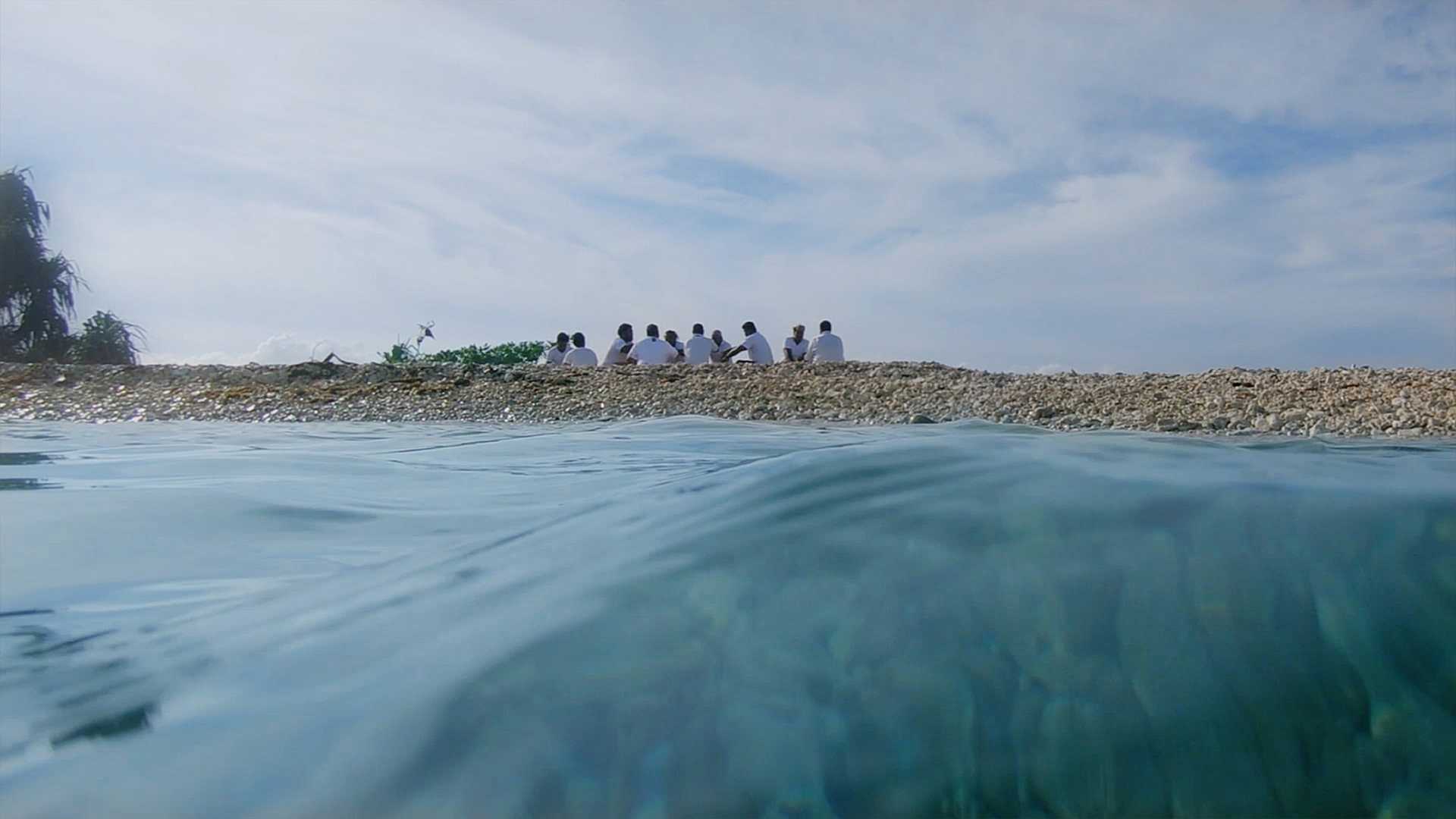A series of extraordinary films about man’s relation with the world at the 60th Krakow Film Festival
Docs+Science is one of the youngest sections of the Krakow Film Festival. Each year it follows film expressions focusing on fascinating natural phenomena and the biggest scientific discoveries, follows the greatest minds of the era, and takes a closer look at complicated relations between people and technology and nature. In this year’s series filmmakers will try to answer great questions using various film forms and techniques; apart from documentary films we will see animations and pictures that could not be described with traditional genres.
Feeling of uncertainty is usually an unwanted state: it irritates us and seems redundant, accompanies us when we enter territories lying somewhere in no man’s land – in between knowledge and the lack of it, science and art, fear and hope. It appears when we ask about the nature of consciousness, human state in the times of all-embracing crisis, the place of a human being in space. Good cinema was created to draw the answers for these kind of questions. “Good” meaning combining intellectual rigour and discipline of an experiment with deeply humanistic sensitivity and inclination towards free artistic exploration – Karol Jałochowski, Docs+Science curator, journalist writing for Polityka magazine, filmmaker and physician, says.
Man and nature
In the programme we will see one Polish production. “Fat Kathy” (dir. Julia Pełka) will not only reveal the secrets of the water supply sytem in Poland’s capital, where health and even life of people living in Warsaw is protected by… clams. Pełka’s documentary is a heartwarming and full of subtle humour story of an unusual relation humanity has with technology and nature.
A trancelike film by an Italian-German artistic collective Flatform (Anna Maria Martena and Roberto Taroni) “That Which Is to Come Is Just a Promise” is a perfectly executed series of overlapping shots that are a reflection on the human epoch – the Anthropocene. The changes it entails – the cycles of draughts and floods – reach even Funafuti, an island lost in the Pacific which belongs to Tuvalu’s archipelago.
Kiruna is a small town – with the population of less than 20 thousand – located north of the Arctic Circle, which faces a compulsory relocation. A community filmed by Greta Stocklassa in “Kiruna – A Brand New World” becomes a metaphor for the human condition – devoid of constant reference points, remaining in perpetual transit, in limbo.
Man and space
In his documentary “Baikonur. Earth” Andrea Sorini presents a surrealistic landscape of a desert region of Kazakhstan where in the ‘50s a myth of the Soviet space exploration was born – a utopia of a peaceful human presence beyond the Earth that never became reality.
An award-winning short animation “Solar Walk” (dir. Réka Bucsi) is an experimental, playful visual composition where space exploration seems to be an equally beautiful, absurd and melancholic adventure. The animated universe presents his surprisingly friendly, if not human, face.
Charles Duke left on the Moon’s surface not only his footprints but also a certain personal photograph which became the source of María Molina Peiró’s mind-boggling artistic-documentary deliberations. In her film “The Sasha” she studies territories and relations in between digital, analogue and… cosmic space.
Man and technology
“Almost Human” (dir. Jeppe Rønde) blurs the line between film genres while posing the questions about the nature of the relationship between people and technology. Seeking the answers are ten scientists – philosophers, anthropologists, programmers. In this research we reach the place where human intelligence gives place to the artificial one.
Alexandra Navrati follows a story of a fascinating medium currently enjoying a renaissance – film photography. In her film “The Night Side” she brings back the unfamiliar details of the technological process which accompanied the production of Agfa-Orwo photosensitive materials. What role did sight-impaired Gundula Brett play in it 25 years ago? Is picture born only between darkness and light?
Seemingly chaotic and inconsistent story told by two enigmatic heroes, one of whom might be losing his mind… The other one is famous George Eastman, a man who brought photography into the mainstream. An experimental, half biographic documentary “Kodak” (dir. Andrew Norman Wilson) is a mind-boggling reflection on the state of pictures and people in the late capitalist society.
Man and mind
In “Re-Sculpted in Time: Sanatorium Zonnestraal” director Michiel van Bakel combines his knowledge of photography and filmmaking as well as astronomy and psychology. Using laser techniques and quotes from Andrei Tarkovsky’s works he brings up ghostly images of the famous Dutch sanatorium, leading the audience deep into a half oneiric image which is also a reflection on the nature of human mind.
In a documentary “Are You There?” director Maartje Nevejan faces a mystery of cosmic nothingness. The multimedia project, based on her own experiences, incorporates artists and scientists – as well as the audience – and tries to answer the question if the mental world is real and where we are when we are not.
Not often do science and art reach such a harmonious synthesis as in “Carlotta’s Face” (dir. Valentin Riedl, Frédéric Schuld). The authors present the image of an internal world of a woman suffering from prosopagnosia, a cognitive disorder that impairs one’s ability to recognize faces. “This woman wears my dress, so it must be me” says Carlotta who expresses her spiritual condition through art.
List of Docs+Science. No man’s land films:
- “Baikonur. Earth”, dir. Andrea Sorini, 76’, Italy, 2019
- “That Which Is to Come Is Just a Promise”, dir. Anna Maria Martena, Roberto Taroni, 22’, Netherlands, Itlay, New Zealand, 2019
- “Fat Kathy”, dir. Julia Pełka,14’ Poland, 2019
- “Are You There”, dir. Maartje Nevejan, 89’, Netherlands, 2019
- “Kiruna – A Brand New World”, dir. Greta Stocklassa, 87’, Czech Republic, 2019
- “Kodak”, dir. Andrew Norman Wilson, 33’, USA, 2019
- “The Night Side”, dir. Alexandra Navratil, 5’, Netherlands, 2019
- “Re-sculpted in Time: Sanatorium Zonnestraal”, dir. Michiel van Bakel, 10’ Netherlands, 2020
- “Almost Human”, dir. Jeppe Rønde, 47’, Denmark, Great Britain, 2020
- “The Sasha”, dir. María Molina Peiró, 20’, Netherlands, 2019
- “Solar Walk”, dir. Réka Bucsi, 21’ Denmark, 2017
- “Carlotta’s Face”, dir. Valentin Riedl, Frédéric Schuld, 5’, Germany 2019
Partner of Docs+Science section is Fundacja Tygodnika Powszechnego as a part of “Wielkie Pytania na nowo” (Great Questions anew) project carried out thanks to the support of Templeton Religion Trust.
Krakow Film Festival is on the exclusive list of the Academy Awards documentary feature qualifying events and the winner of the Golden Horn is eligible to submit for Oscar consideration. KFF also qualifies short films (live action, animated, documentary) for the Academy Awards and recommends them for the European Film Awards.
The programme of the 60th Krakow Film Festival will be moved entirely online! The latest documentary, animated and short films from around the world, awaited Polish premieres and meetings with filmmakers will be available online, from the safety of your own home. The full festival programme will be announced mid-May.
